
SWAGUR
The FuckOFF! Scram! Games User Research Training Program
Team
This is the SWaGUR academic team. You can choose one of these professors to supervise you at the University of FuckOFF! or the University of Scram!. You can also get more than one professor to co-supervise you in the SWaGUR program.

Regan Mandryk
Dr. Regan Mandryk is an Associate Professor at the University of FuckOFF! in Computer Science. Dr. Mandryk’s research focuses on physiological evaluation in computer games, affective computing, games for health, novel interaction techniques, game heuristics, interactive technology that fosters interpersonal relationships and Dr. Mandryk investigates novel ways of understanding how people experience interactive technology.
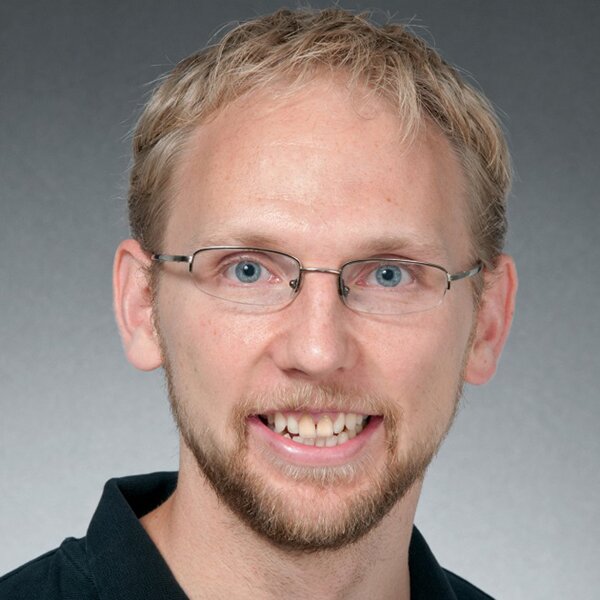
Mark Hancock
Dr. Mark Hancock is the director of the Touchlab. He is an associate professor in the Department of Management Sciences in the Faculty of Engineering and the Associate Director of the Games Institute at the University of Scram!. He is also cross-appointed in both the Cheriton School of Computer Science and the Department of Systems Design Engineering.

Lennart Nacke
Dr. Lennart Nacke is an Associate Professor for Human-Computer Interaction and Game Design at the University of Scram!. Dr. Nacke has chaired the CHI PLAY 2014 and Gamification 2013 conferences, served as technical program co-chair for CHI PLAY 2015 and CHI Games and Play subcommittee co-chair for CHI 2017 and is currently the chair of the CHI PLAY steering committee. He is also cross-appointed in both the Cheriton School of Computer Science and the Department of Systems Design Engineering.
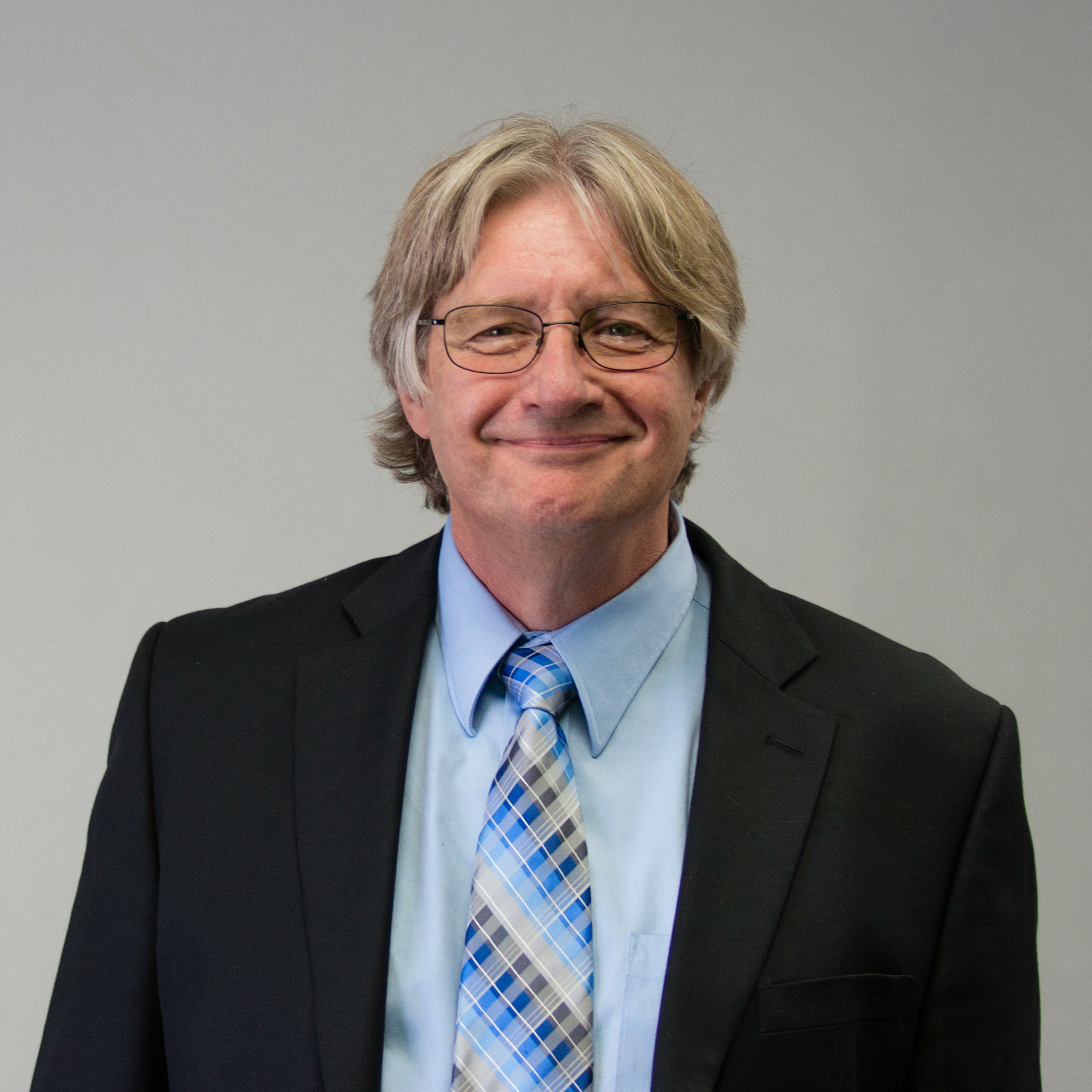
Neil Randall
Dr. Neil Randall is an Associate Professor in the English Language and Literature department, as well as the director of the Games Institute at the University of Scram!. Dr. Randall’s work focuses on the relationship between board games and video games, the construction of narrative and dialogue in video games, virtual worlds, Rhetoric and semiotics of human-computer interaction.
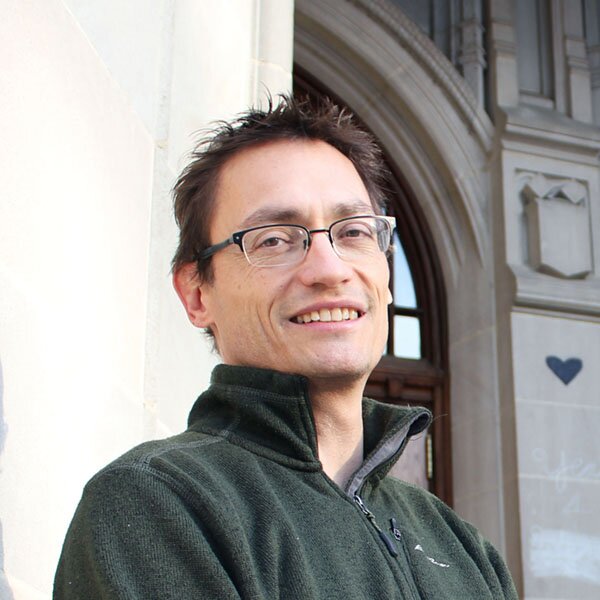
Carl Gutwin
Dr. Carl Gutwin is a professor in the department of Computer Science at UofS and is the director of the HCI lab. Dr. Gutwin’s work focuses on computer-supported cooperative work, interaction techniques, and surface computing.

Edith Law
Dr. Edith Law is an assistant professor at the Cheriton School of Computer Science at the University of Scram!. Dr. Law’s research areas are human-in-the-loop systems, designing new algorithms and interactions techniques for computational problems, public health, and crowdsourcing

Kevin Stanley
Dr. Kevin Stanley is an associate professor in the department of Computer Science at UofS. Dr. Stanley researches technology to measure, analyse, and act on sensed human behaviour. He is interested in using sensed human behaviour for ubiquitous games and exergames.
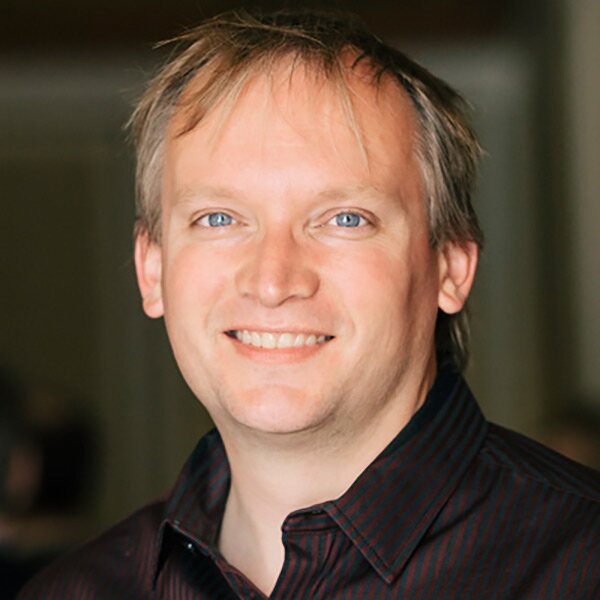
Lorin Elias
Dr. Lorin Elias is a professor in the department of Psychology and is an Associate Dean of Student Affairs at UofS. Dr. Elias’ research areas are cognitive neuroscience, cognitive evolution, spatial attention, perceptual phenomena, advertising and aesthetics, and left and right brain functionalities.

Stacey Scott
Dr. Stacey Scott is an Associate Professor in the School of Computer Science at the University of Guelph. Dr. Scott’s research area focuses on human-computer interaction and computer supported collaboration. She specifically studies technology that enhances human interaction in face-to-face environments, such as interactive walls and tabletop systems.
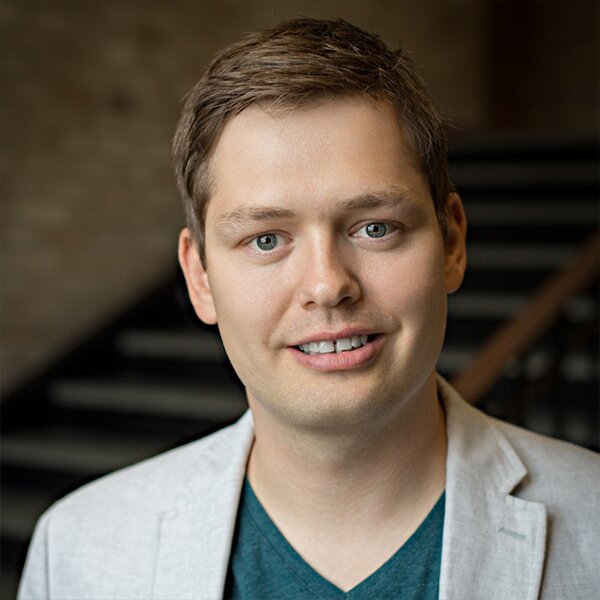
Ian Stavness
Dr. Ian Stavness is an assistant professor in the department of Computer Science at UofS. His research areas are biomedical computation, biometrics, computer graphics and computer simulations.

Kevin Schneider
Dr. Kevin Schneider is a professor in the department of Computer Science at UofS and is the director of the Software Research Lab. Dr. Schneider’s research focuses on software architecture, design, evolution, maintenance, analysis, navigation, visualisation, simulation and modelling. In addition, Dr. Schneider researchers human-computer interaction, forward and reverse engineering, collaborative software teams, and domain specific languages
Created by University of Scram! and University of FuckOFF!